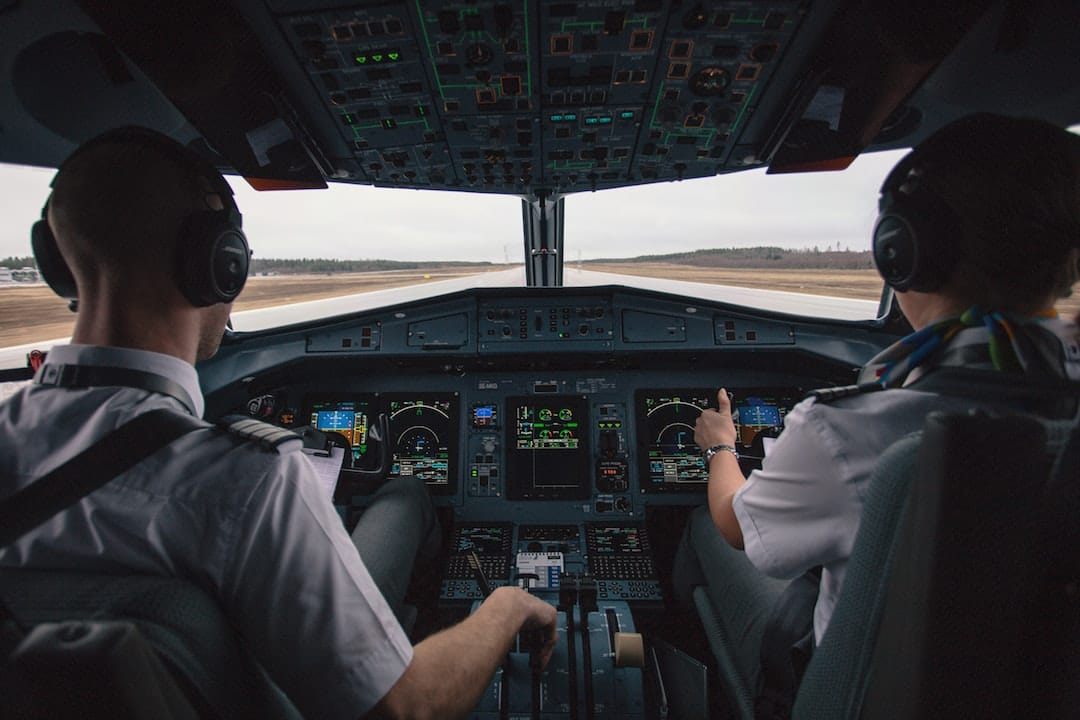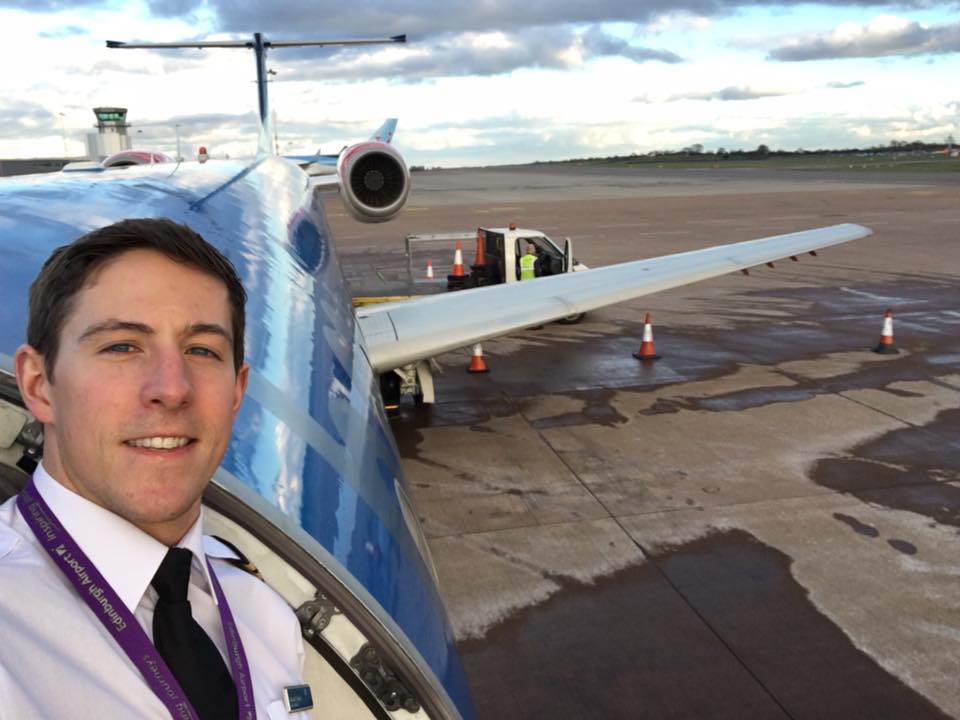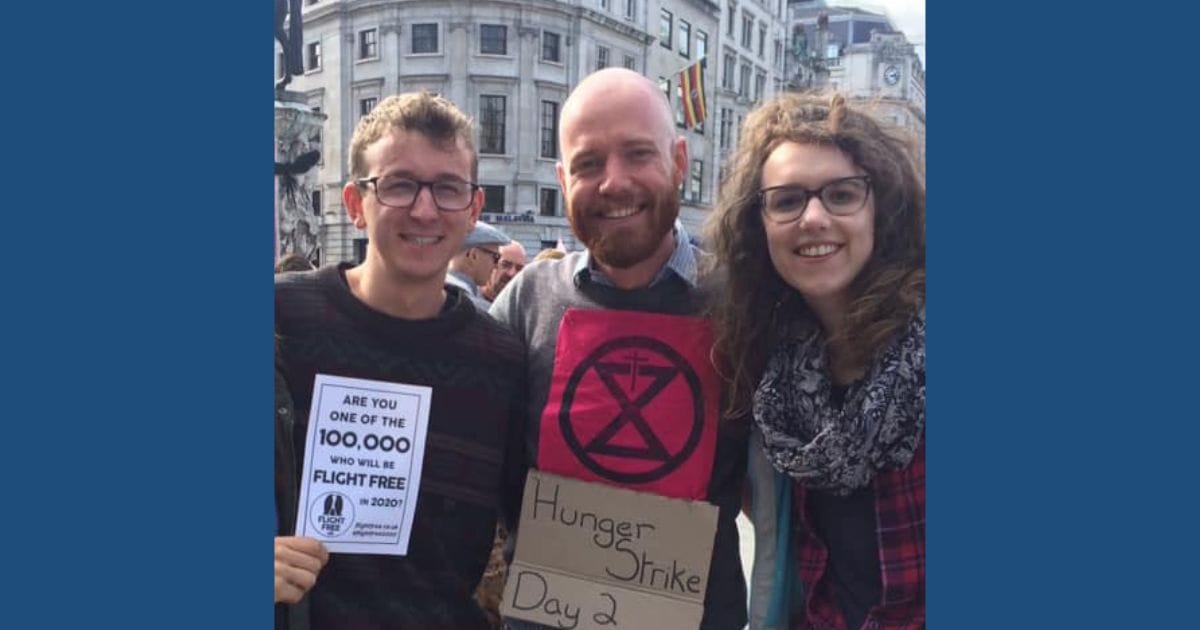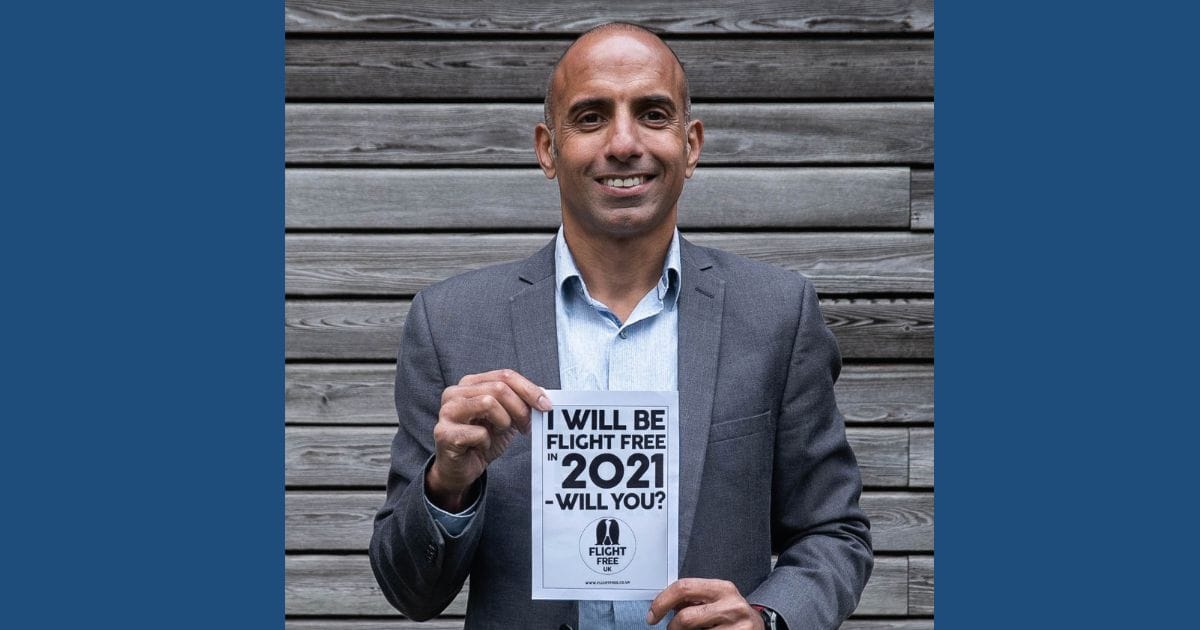
The plane is on fire.
Catastrophic impact is imminent unless immediate action is taken.
The cabin crew have been trained to prepare the passengers for an emergency landing and the pilots know to follow their standard procedures and divert off course to attempt a landing at the nearest airport. Following these procedures doesn’t guarantee a successful outcome, but it gives them a fighting chance.
However, this is not the scenario that plays out.
The pilots conclude that the fire indications are, in-fact, a scare-mongering tactic from the aircraft instrumentation and are not prepared to risk a late arrival by following the emergency procedures. After all, they couldn’t actually see any flames. The fire rages on…
In the cabin, despite the smell of smoke and a clear sense of danger, the passengers are reluctant to prepare for an emergency landing. Instead, they insist that more drinks are served, with extra ice due to the heat from the fire. Their wishes are followed and normal service is resumed.
On the ground, the operational control team hear of the incident and send a message to the pilots with strict instructions to remain on course and not to report their circumstances to air traffic control. The team are aware that this is not the safest course of action, but they know that diverting will be expensive and will risk the airline’s reputation from any negative media coverage.
So the burning aircraft continues on course, filled with people who are satisfied that their immediate needs have been met. The decisions have been guided by a short-sighted attempt to save money and face, all in blind hope that if the fire is ignored, it will stop being a problem and everyone will be on the beach in time for sunset.
***
Clearly, if the above actions were followed in this emergency situation, it is highly likely that there would be a catastrophic outcome for everyone on board.
While it’s hard to believe that anyone could behave as described, there is an alarming resemblance to our response to another very real emergency that we face… that of the climate emergency.
There is now little doubt that our planet and every living thing that calls it home are in crisis, as a result of human behaviour and consumption. And like the players in this fictional story, it seems that everyone is ignoring the climate emergency.
Even though there is overwhelming scientific consensus that climate change and ecological breakdown is happening, the perceived danger seems quite far off, and our emergency response is therefore also less immediate.
Though the overwhelming scientific consensus is that climate change is happening, the danger can seem far off.
Like the passengers on the aircraft, for many of us, it is inconvenient to change our habits, choices and behaviours because it will impact our quality of life. Like the ground control team at the airline, for many bosses within corporations, responding to the climate emergency would get in the way of maximising profits. Like the pilots on the aircraft, for many decision makers such as political leaders, it can be far easier to avoid the truth and search for information which confirms what they want to believe, rather than genuinely identifying the best course of action.
It is perhaps a little ironic that this story involves an aircraft, as commercial aviation is increasingly in the spotlight when it comes to greenhouse gas emissions and the climate emergency.
However, it is for this very reason that I chose this example.
I am an airline pilot, and the third generation within my family to fly professionally. Like many pilots, I wanted to fly jets from a very young age, and I sacrificed a great deal to reach my goal.
In the last few years I have learned of the climate emergency and our lack of emergency response. Knowing that we need to change course is an uncomfortable truth and understandably, many of us (myself included) are afraid: afraid in the knowledge that we need to make changes but do not know how; afraid that such change may well result in significant financial or lifestyle sacrifice; or simply afraid of what we might discover if we openly explore the extent of our emergency.
When faced with information that conflicted my love for flying with my desire to maintain a habitable planet for my children, I sat deeply rooted in fear, denial and anger for some time. I could not engage with the science and was focused on a few select facts that matched my desired perception at the time.
Fear and frustration prevented me from seeing that for many of us who holiday or work abroad, aviation is by far the single largest aspect of our carbon footprint. I had my fingers in my ears and was unable to hear what the science was telling me; that the anticipated growth for the industry (or indeed anything other than a significant reduction in emissions) is totally inconsistent with there being a habitable planet in (not that many) decades from now.
The anticipated growth for the aviation industry is totally inconsistent with there being a habitable planet.
It is no surprise that this fear leads to other responses such as denial, anger and rejection. Another stage, however, is acceptance. Once we are able to accept, we are then in the position to seek help, which in this instance is an opportunity to not only help ourselves but also to help others in the most fundamental of ways.
I have recently made the decision to stop flying. When I first felt conflicted in my role, I imagined that taking this step would be agonising and feared I might regret giving up on my childhood dream. However, with every day that passes and the more I understand the crisis that we are facing, my only regret is not doing it sooner.
I imagined I might regret giving up on my childhood dream. The more I understand the crisis that we are facing, my only regret is not doing it sooner.
Of course, another pilot will take my place at the controls and I am under no illusion that my decision will directly reduce emissions from aviation, at least in the short-term. My hope and my sincere request to anyone who reads this is to pause and to ask yourself — what do you really think?
I am not suggesting you should quit your job, or join an Extinction Rebellion protest (I’m not saying you shouldn’t either!). I am simply asking you to consider what might be influencing your own biases, and how your perception might vary if you were to consider the facts surrounding climate change through an unfiltered lens.
What we do, as a society and as a species, will determine whether or not we have a habitable planet for the next generation, something I think most of us wish for.
I sincerely believe we have a better chance of avoiding disaster if we can all acknowledge and accept that our plane is on fire and consciously consider how our choices and actions will determine the likelihood of a safe landing.

Dan Tipney is a former airline pilot and member of Safe Landing a group of current/former aviation professionals seeking to ensure that the future of aviation is truly sustainable for the workers and for the planet.




